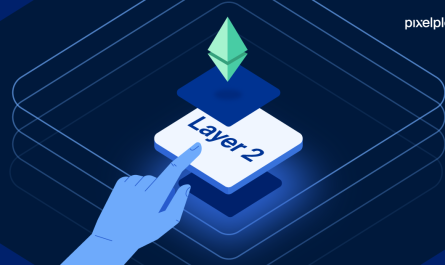As we witness the rapid digitization of societies globally, the role of digital identification (ID) systems has come to the fore. Governments worldwide are vying to introduce their versions of centralized digital IDs, presenting them as the definitive solutions to emerging cyber threats. One of the first regions expected to embrace this trend is the European Union (EU), spurred by its imminent Digital Services Act.
The Digital Services Act, expected to be implemented in the coming summer, introduces unprecedented regulatory changes to online platforms within the EU. Its provisions essentially establish ‘ministries of truth’ in every European country. These authorities will hold online platforms accountable for content regulation, requiring them to censor specific content under the threat of hefty fines.
The recent appointment of Elon Musk as Twitter’s CEO and his commitment to free speech have triggered considerable pushback from EU officials. This is because Musk’s stance seems at odds with the Digital Services Act’s provisions, aimed at introducing stringent content regulation. In response to this resistance, Twitter recently announced its decision to withdraw from the EU’s voluntary disinformation code of practice.
In the wake of this announcement, Thierry Breton, a leading proponent of the Digital Services Act, took to Twitter with a stern reminder of Twitter’s responsibilities. Vera Jourova, one of the architects of the act, also tweeted in a vein that suggested social media platforms in the EU might face rigorous censorship after the 25th of August, particularly concerning the forthcoming elections in the United States.
The apparent intent to regulate online content to this extent has led to criticism that the EU is reverting to practices reminiscent of the USSR. However, amidst the disconcerting prospects of heightened censorship lies a silver lining. The stringent regulations could provide a fertile ground for the growth and adoption of decentralized social media.
Unlike traditional centralized social media platforms that store user data on centralized servers, decentralized platforms leverage blockchain technology to distribute user data across multiple nodes. This means no single authority can control the information on the network. Given that blockchain technology is inherently resistant to censorship, decentralized social media could provide a viable alternative to the increasing control and regulation on traditional platforms.
In the broader context, this situation underscores the pivotal role that decentralized digital IDs could play in the future of online governance. If decentralized digital IDs are implemented effectively, they could serve as a bulwark against unjustified censorship and unwarranted control.
Nevertheless, the design and deployment of a truly decentralized digital ID system pose substantial challenges, especially considering the potential misuse of AI technologies. In a world increasingly threatened by AI deep fakes and rising cyber threats, the need for a robust and foolproof user verification system has never been more acute.
In this critical juncture, the Worldcoin project, despite its controversies, highlights a novel approach to creating a decentralized digital ID system. Although the project has been subject to criticism and its methods remain debatable, it nonetheless presents a starting point for future endeavors in the realm of digital ID verification.
As governments accelerate their efforts to introduce centralized digital IDs, projects like Worldcoin signify a counter-movement towards decentralization. Whether this decentralized vision will triumph in the face of state-driven centralization efforts remains uncertain. However, the rise of decentralized social media platforms in response to increasing online censorship suggests a promising trend.
In conclusion, the interplay of decentralized digital IDs, blockchain, AI, and global governance will undoubtedly shape the future of the digital world. The road ahead is riddled with challenges, but the potential benefits of a truly decentralized digital ID system could herald a new era of internet freedom and user sovereignty.


